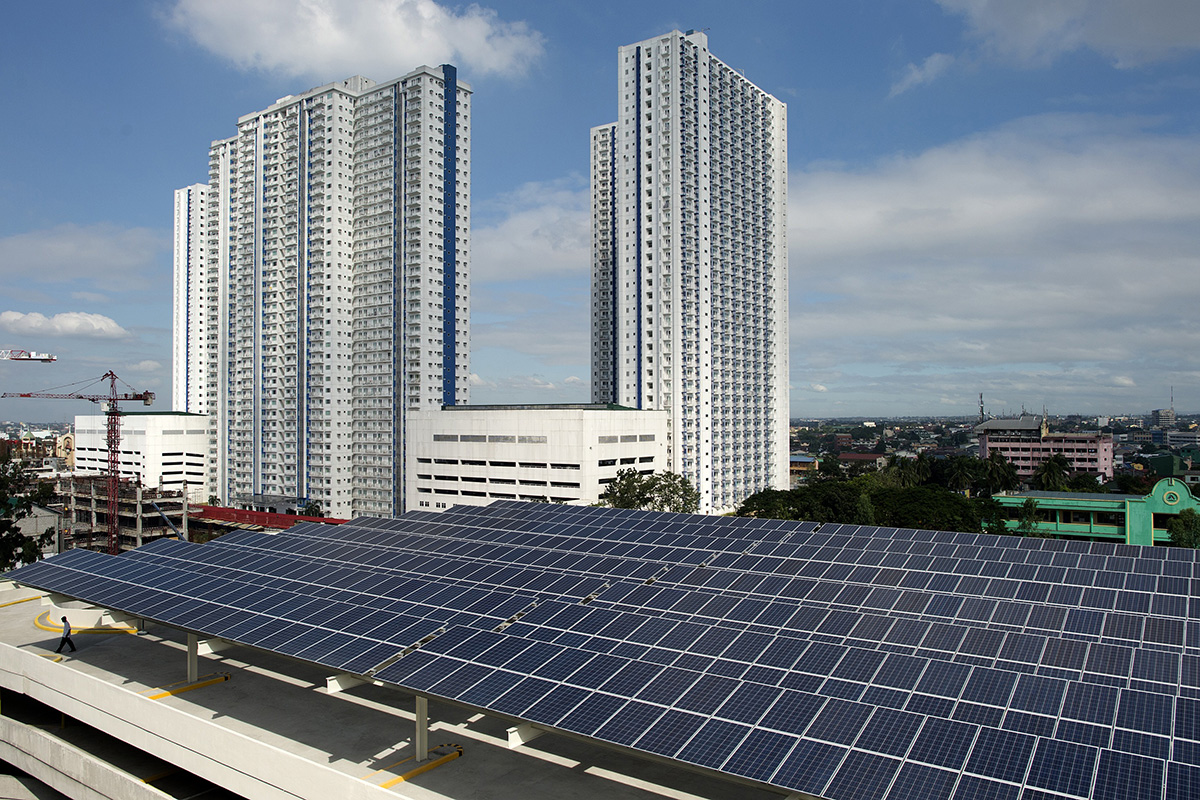As ASEAN (Association of Southeast Asian Nations) celebrates its 50th anniversary, the region has witnessed immense growth in terms of its economy and human population which has contributed to the rising demand for energy. In recent years, the ACE (ASEAN Centre for Energy) has been working on promoting the use of renewable energy throughout the region. According to its official website, the 10 member states have been following a deliberate policy of diversifying and using indigenous energy sources efficiently at the national level in order to address the challenges of sustainable energy growth and climate change.
The association aspires to increase the component of renewable energy to 23 percent by 2025 in the ASEAN Energy Mix. While some governments are ahead of others in terms of the movement to introduce renewable energy into their respective countries, the push for creating a sustainable energy source should be a collective effort.
The Philippine government has been a strong advocate of the movement which can be seen through its proactive actions. Recently, the Manila Times reported that the Philippine DoE (Department of Energy) announced a public consultation on final draft rules for the GEOP (Green Energy Option Program) that would allow consumers in the country to choose renewable energy sources. Essentially, the programme is a mechanism seeking to provide Filipinos the option to obtain renewable energy resources to fulfil their power needs. The Philippine DoE has also identified biomass, solar, wind, geothermal, ocean wave and hydropower as viable renewable energy sources for the nation.
In addition, Philippine media outlets have reported on September 14, 2017 that Phinma Energy signed a solar energy service contract with its DoE for a 45-megawatt solar farm in the province of Batangas. The 25-year contract allows Phinma Energy to explore, develop and use the solar energy resource in a 486-hectare area that is allocated for the solar farm.
In Singapore, the private sector is playing a huge role in the push for renewable energy. The DBS Bank (The Development Bank of Singapore Limited) announced on September 13, 2017 that it pledges to power all of its operations within the island nation with renewable energy by 2030 with the aim of extending this initiative to all of its global operations. The bank currently has over 280 branches across 18 markets in Asia.
Up north, the BITEC (Bangkok International Trade and Exhibition Centre) will play host to the Asia Power Week conference and exhibition, which offers a platform to discuss solutions to policy challenges and scale up clean technology. Two major highlights of the expo are POWER-GEN Asia, which covers the basics of producing power as well as Renewable Energy World Asia, which will focus on renewable energy strategies and technologies. The expo will run from September 19 to September 21, 2017.
While the situation may appear rosy, the AEC's 2025 target is not without its challenges as Sanjay Kuttan, the programme director at the Energy Research Institute of NTU (Nanyang Technological University) in Singapore pointed out, energy polices in many countries have been “hamstrung” by social and political pressures. Only by moving forward as a unified front will ASEAN realise a future where energy consumption in the Southeast Asian region does not impact the environment negatively.
